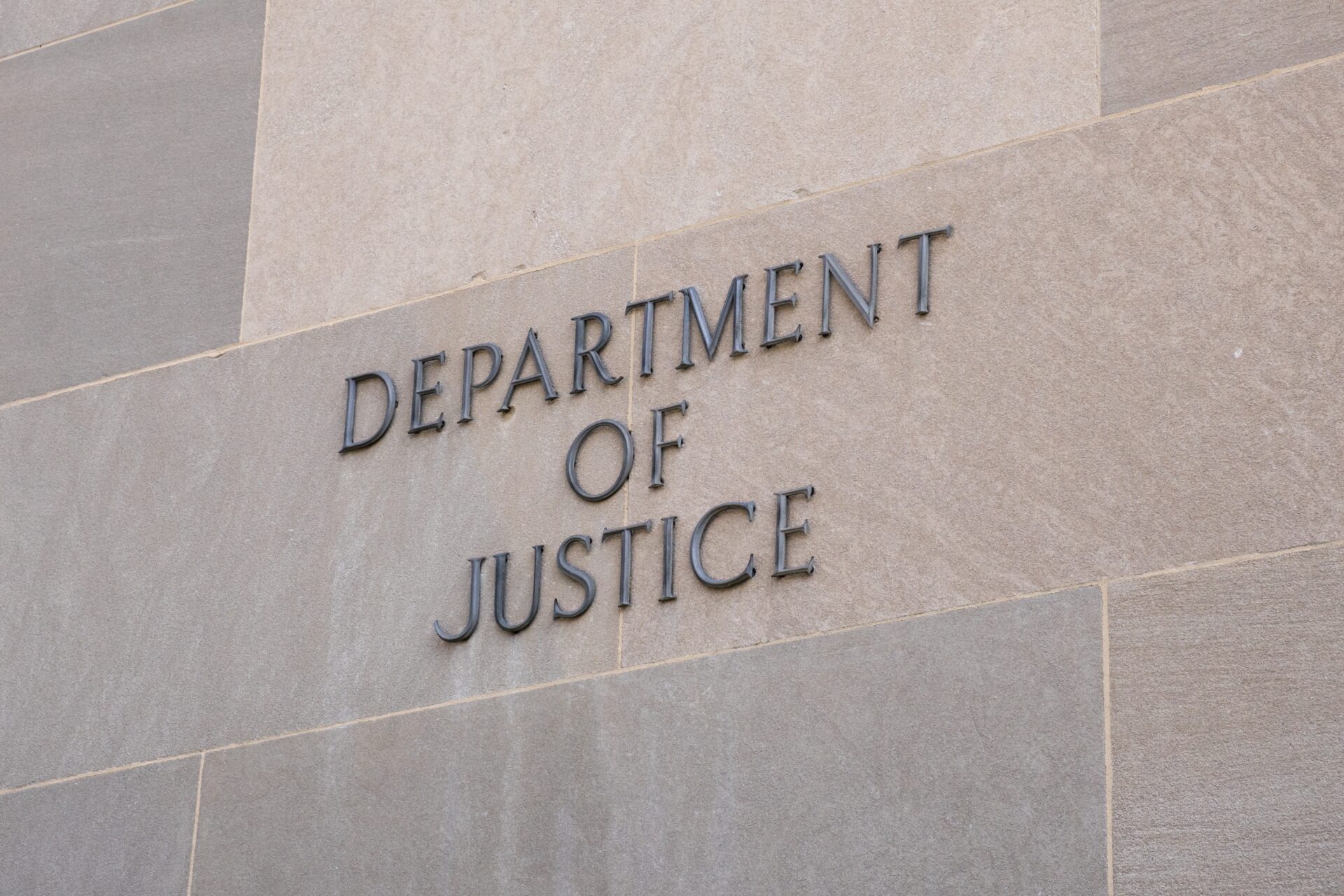
Kavanaugh Assassination Attempt: 8-Year Sentence
An 8-year sentence for an attempted assassination of a Supreme Court Justice sparks concern, questioning the erosion of justice and security.
Story Highlights
- Nicholas Roske was sentenced to 8 years for attempting to assassinate Justice Kavanaugh.
- Federal prosecutors sought a 30-year sentence, labeling it domestic terrorism.
- The sentence is seen as a threat to constitutional order and court security.
- The attorney general plans to appeal the sentence as insufficient.
Roske’s Sentence and Judicial Controversy
Nicholas Roske, a California resident, was sentenced to 97 months in prison for his attempted assassination of Supreme Court Justice Brett Kavanaugh. The sentence has stirred significant controversy, as federal prosecutors had advocated for a minimum of 30 years, labeling the crime as domestic terrorism. The decision by U.S. District Judge Deborah Boardman to credit Roske’s self-reporting and impose a lighter sentence has been characterized as undermining the severity of the threat to judicial independence and constitutional order.
Roske’s plot involved extensive planning and a collection of weapons and tactical gear intended for the assassination. The attempt, occurring in June 2022, was thwarted by Roske himself, who called 911 after arriving at Kavanaugh’s residence. Despite the seriousness of the crime, Judge Boardman emphasized Roske’s self-reporting as a mitigating factor, arguing it showed a lack of inherent danger.
Brett Kavanaugh’s would-be assassin tried to murder a sitting SCOTUS judge.
He was motivated—explicitly—by political leftism.
For that, he gets just 8 years in prison.
We've never punished left-wing political violence with the severity it demands. It's time for that to change. pic.twitter.com/wCRKYFhv3l
— Eric Schmitt (@Eric_Schmitt) October 3, 2025
Prosecutors’ Argument for a Harsher Sentence
Federal prosecutors argued that Roske’s actions constituted an act of domestic terrorism designed to influence the Supreme Court’s decisions. They highlighted the extensive premeditation, including Roske’s research on wiping digital evidence and planning for multiple targets. The prosecution’s stance is that the light sentence fails to serve as a deterrent against political violence, a point echoed by many conservatives who fear the impact on judicial security. The Department of Justice, led by Attorney General Pam Bondi, plans to appeal the sentence, arguing for the application of a terrorism enhancement.
Roske’s case is particularly unique due to his decision to report himself before carrying out the attack, a factor that Judge Boardman deemed significant in her sentencing decision. However, this leniency has raised concerns about setting a precedent in cases of attempted political violence, where threats to the judiciary could be perceived as less consequential.
Implications for Future Judicial Security
The case has far-reaching implications for the security of Supreme Court justices and the broader judicial system. The visible presence of U.S. Marshals at Kavanaugh’s residence played a role in deterring the attack, yet Judge Boardman disputed the government’s claim that it was the only deterrent. This incident has sparked discussions about the adequacy of security measures and the potential need for increased protection for justices amidst rising political tensions.
In the wake of the sentencing, there is a pressing dialogue about maintaining judicial independence and the risks posed by violent intimidation attempts. This case highlights the challenge of balancing mental health considerations with the gravity of attempted political violence, as Roske’s defense cited mental health struggles as a contributing factor to his actions.
Watch the report: Attempted Kavanaugh Assassin Gets 8 Years — Because He’s ‘Transitioning’?
Sources:
Nicholas Roske Sentencing Report – CBS News
Justice Kavanaugh’s Assassin Sentenced – ABC News
DOJ Sentencing Memo – Department of Justice
Nicholas Roske Sentenced – Department of Justice


